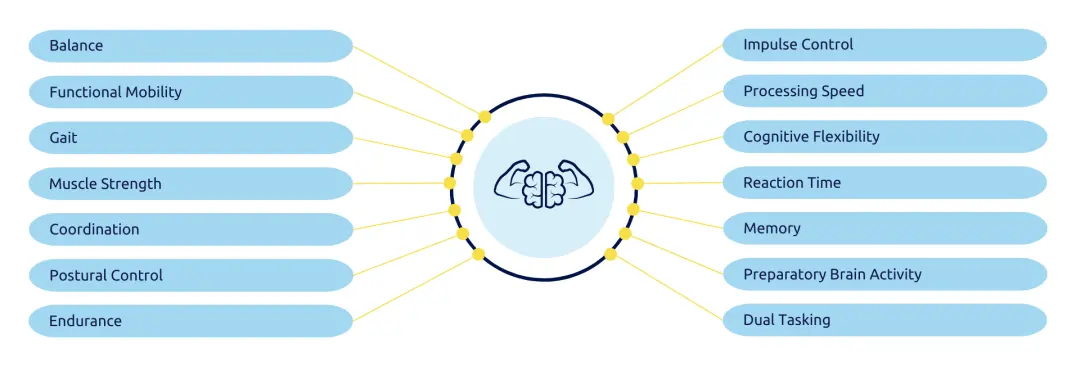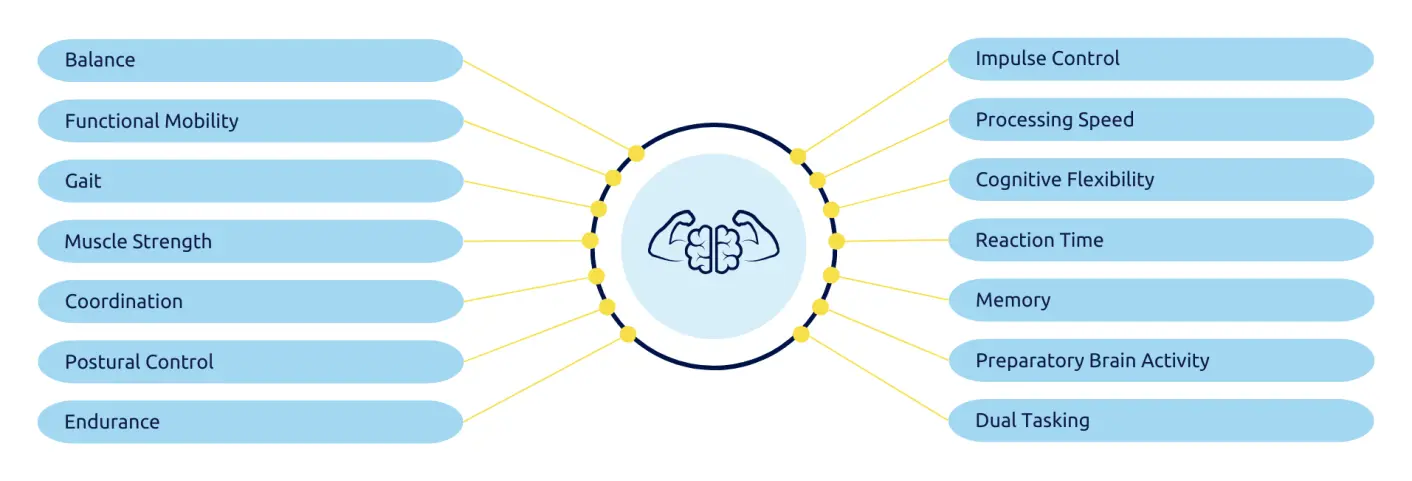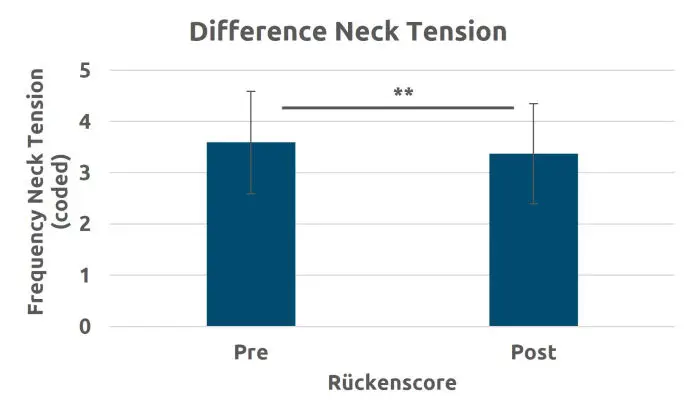
Exergames
Playful fitness for a wide range of target groups
In today's digital world, video games are no longer just a leisure activity. Exergames (“exercise games"), have gained popularity in recent years. These interactive games combine entertainment with physical activity and offer a variety of positive effects for different age groups.
Exergames for children:
Children are naturally curious and active. Exergames offer them a way to use their energy wisely and have fun at the same time. Through games that require movement, children can develop their motor skills, improve their coordination and increase their physical fitness. Studies have shown that children who play exergames regularly tend to have healthier lifestyles and a lower risk of obesity and related diseases [1-3].
Exergames for young adults:
For young adults, fitness and exercise are often a challenge, as work or study schedules and other commitments can take up a lot of time. Exergames offer a flexible way to stay active and have fun at the same time. Exergames motivate them to exercise regularly and are proven to improve their physical fitness, endurance and mental health [4].
Exergames for seniors:
As we age, it can be difficult to stay physically active, which can lead to a loss of muscle mass, balance problems and an increased risk of falling. Exergames offer a safe and fun way for seniors to improve their physical fitness. Games that promote balance and coordination can help prevent falls and increase overall mobility [5,6]. In addition, studies have shown that exergames can improve cognitive functions (see Fig. 1) in older people [6,7]. The playful nature of the games ensures motivation and enjoyment of the training, which leads to long-term participation [8].
Exergames in the therapeutic field:
Exergames also have therapeutic benefits and are used in various areas of rehabilitation. In physiotherapy practice, they can help speed up recovery from injuries or operations and restore motor skills [9]. In neurological disorders such as stroke, Parkinson's disease or multiple sclerosis, exergames can improve motor function and balance [10].
Exergames offer an exciting way to combine fitness and fun. For children, young adults, seniors and in therapeutic settings, they offer a variety of positive effects. From promoting physical fitness and improving motor skills to increasing social interaction and mental health, exergames have the potential to improve well-being and quality of life for all ages. This motivates us to push the development of games - our ergogames - to reach even more people and inspire them to lead a healthy, active lifestyle.


